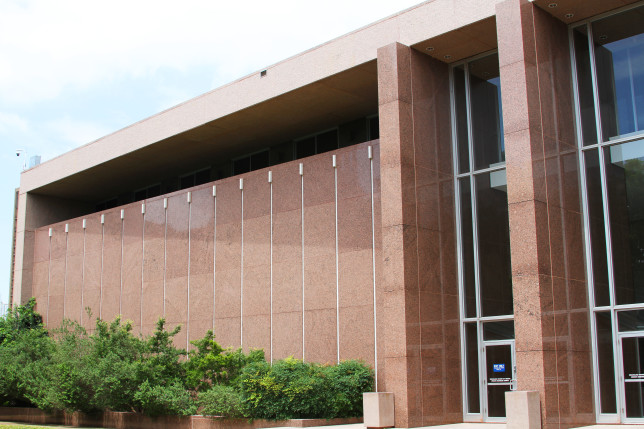Butler v. State
No. PD-0456-14
Case Summary written by Aaron Powell, Staff Member.
JUDGE YEARLY delivered the opinion of the court in which PRESIDING JUDGE KELLER and JUDGES MEYERS, KEASLER, HERVEY, ALCALA, RICHARDSON and NEWELL joined. JUDGE JOHNSON concurred in the result.
A trial court convicted Appellant Billy Dean Butler of aggravated kidnapping after he confined Ashley Salas, his girlfriend, in a house the couple shared and subjected her to physical violence beginning the night of August 18, 2011, and continuing into the following morning. Prior to trial, though, Salas offered a written statement to the appellant’s attorney stating that two women, not Butler, had attacked and injured her. On cross-examination however, Salas admitted that she had fabricated the statement after learning she was pregnant with Butler’s child.
The trial court admitted an exchange into evidence that allegedly took place between Butler and Salas after the attack and before trial. The State sought to lay the proper predicate to authenticate the exchange by offering testimony from Salas.
Issues: (1) Whether a reasonable jury could have concluded that Butler was in fact the author of text messages coming from 361-215-3899. (2) Whether Salas’s fabricated statement discredited any testimony she made regarding the authenticity of the text messages.
The court explained that authentication requires the existence of “evidence sufficient to support a finding that the matter in question is what its proponent claims.” Tex. R. Evid. 901(a). The court noted that text messages may be authenticated in a number of ways “depending upon the unique facts and circumstances of each case, including through the testimony of a witness with knowledge or through evidence showing distinctive characteristics.” A witness’s association of a cell number with the individual in question may suggest that the individual authored the messages in question, although that fact alone may be too tenuous to permit a finding of authenticity. In that case, other corroborating details may bridge the gap and permit an inference of authenticity. These corroborating details may include the text message’s “appearance, contents, substance, internal patterns, or other distinctive characteristics” that provide a basis from which a reasonable juror could find authenticity. Tex. R. Evid. 901(b)(1).
In this case, the court held that there was such a basis. Salas testified that Butler’s phone number was the same number found on the state’s exhibit. Butler also had reason to think of Salas as a “snitch,” as per the text exchange, because Salas was “likely going to be the principal witness against him at his upcoming trial.” Further, another text indicated a belief that Salas had gone to the police. The Court asked “[w]ho else other than Appellant might have complained—one week before appellant’s trial—that Salas had ‘fuck[ed] [him] over” and “run to the cops[?]” Most importantly, Salas testified that Butler had called her intermittently over the approximately eight-minute text exchange. All these circumstances, the court held, would have made it reasonable for the jury to conclude that Butler was the individual sending the text messages to Salas. Accordingly, the court of appeals erred by overturning Butler’s conviction on the basis that no reasonable juror could have found that Butler was indeed the author of the messages.
The court further explained that it was irrelevant that Salas’s cross-examination revealed her fabrication of the statement that two women—not Butler—assaulted her. Despite Butler’s insistence that this inconsistency discredited all Salas’s authenticity testimony, the court explained that “[n]othing in Rule 901 suggests that a witness whose credibility has been questioned in some way is precluded by that fact from sponsoring evidence as a ‘witness with knowledge.’”

